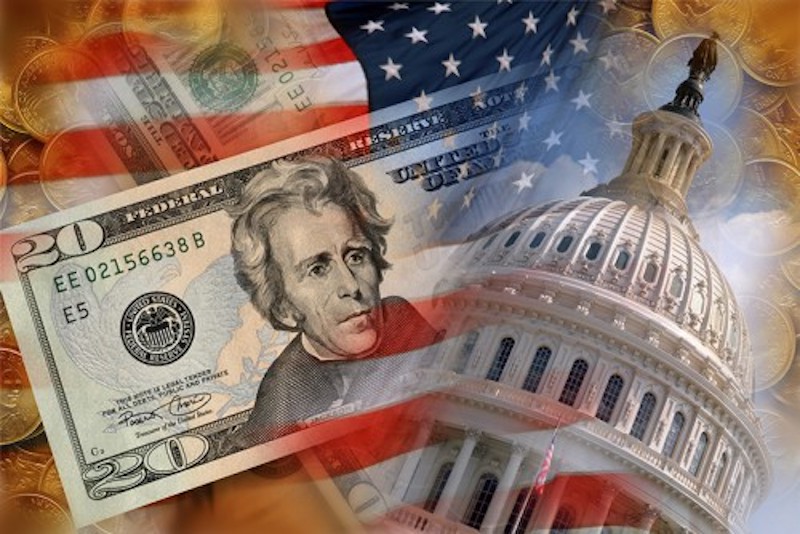The pitfalls and perils of the updated IRS collection financial standards
June 28, 2016 by Jean Lee Scherkey, EA
Did you know that when you owe money to the IRS that cannot be paid in full within four months or within six years on a monthly payment plan (if the amount is $50,000 or less), you have invited the IRS into your personal budget? If you think this is scary, then fasten your seatbelts ─ for the ride is just beginning. The latest news from the IRS regarding the amounts taxpayers are allowed to spend on necessary living expenses under certain conditions when owing the IRS is not for the faint of heart.
For 2016, the IRS lowered the amount a taxpayer may spend in nearly every necessary expense category between 2.5% and 10% (the “Miscellaneous” expense category was the only one to increase, which is $119 per month for 2016, as opposed to $116 in 2015). The lower amounts have the potential of impacting the average Joe or Joette who owes tax to the IRS. The impact will be in the form of larger IRS monthly payments (also called Installment Agreement payments), higher negotiation agreements for lump sum payments (also called Offer In Compromise Agreements), and the inability to temporarily delay the collection process (also called Currently Not Collectible status). I dare say, even the toughest guy living in your neighborhood is reaching for his teddy bear about now.
When a person owes the IRS an amount lower than $50,000 but cannot pay the total tax due (including interest and penalties) within 6 years, or does not agree to pay monthly payments via direct debit or payroll deductions, he or she must submit to the IRS a form that lists their monthly income and expenses. This form is called Form 433-F Collection Information Statement. On this form, income and expenses are netted and what is left is considered the amount a person can afford to pay the IRS monthly for tax that is due. However, don’t be adding up all your monthly expenses just yet. The IRS only permits monthly expenses they define as necessary to provide for an individual and their dependents’ health, welfare and production of income. Furthermore, the IRS determines how much a household should need to spend on each type of expense. The IRS calls these grouped categories and their corresponding amounts the Collection Financial Standards charts.
The IRS takes into consideration a person’s age, the number of people in the household and whether or not there is car ownership when determining expense amounts. Food, clothing, out-of-pocket healthcare costs, automobile ownership expenses, public transportation expenses and miscellaneous expense amounts are based on national expenditure statistics. Housing, utilities and automobile operating expense amounts are based on local expenditure statistics.
Per the instructions on Form 433-F, a taxpayer is generally allowed the national/local amount or actual amount spent, whichever is less. The national/local amounts may be used without the IRS requesting the taxpayer verify how much was actually spent. Depending on the category, the IRS may allow an amount greater than the national/local standard. However, the taxpayer will need to provide documentation proving the greater expense amount is necessary. For instance, the IRS generally allows the higher of actual or the national standard allowance for out-of-pocket healthcare costs, if the higher cost can be substantiated
Let’s take a look at the amount the IRS allows for auto ownership costs. Auto ownership cost is the amount a person may spend per month on a car payment. The ownership allowance amount for one car dropped from $517 a month in 2015, to $471 in 2016. This is nearly a 10% decrease. Generally, a single taxpayer is permitted car payments on only one automobile. If a person’s car is already paid off, they are not permitted to claim any amount for this expense. Another example is the difference in the cost of food. Although food costs vary substantially depending on which region of the country a person lives in, the allowance for this category is calculated based on national data statistics. In 2015, a single taxpayer was allowed $315 per month to cover food costs but in 2016, that amount reduced to $307. Although this may not seem like a big change, the difference can be impactful depending on which area of the country a person lives. For example, according to some statistical data the cost of groceries in Indianapolis, IN is 13% less than Los Angeles, CA. This may be the difference between having milk for your morning fruity o’s the last two weeks of the month or not. (Cue teddy bear into arms now.)
The decrease in the allowance for necessary living expenses when determining how much a person may pay each month to the IRS for taxes due may be just the reminder some of us need. Now is the perfect time to review how much federal tax we are having withheld or paying quarterly estimated taxes to make sure we are staying compliant by “paying as we go.” Decreasing federal withholding in order to make ends meet or to pay for a particularly large current or upcoming expense is a strategy that could easily result in a large tax bill that haunts us with interest, penalties, and monthly payments that go on for years and years. Sometimes, instead of a little rain to make our grass green, a deluge comes and takes the entire garden. In these times, there may be no way to avoid a financial hardship. However, being armed with knowledge of how the IRS collections process works may just be the difference between finding tax relief or further grief.





